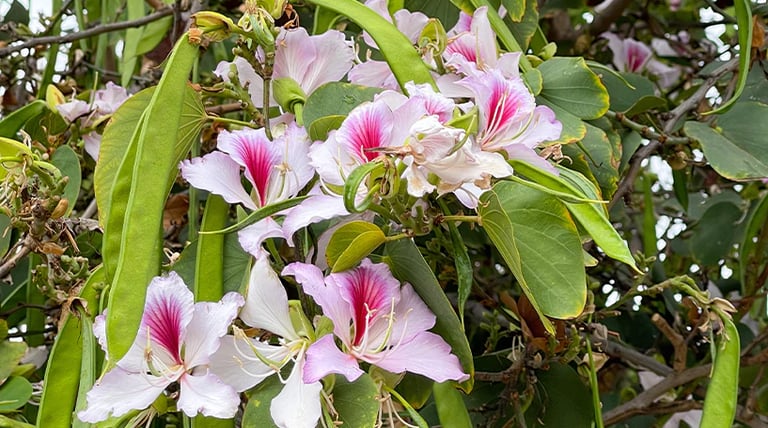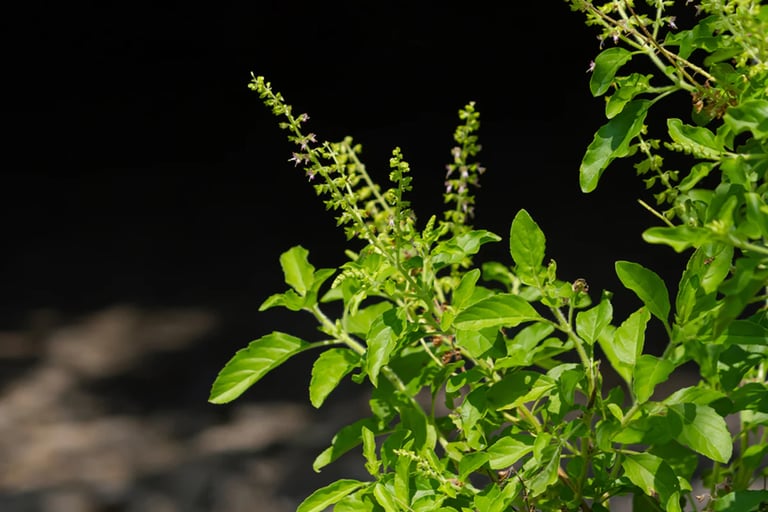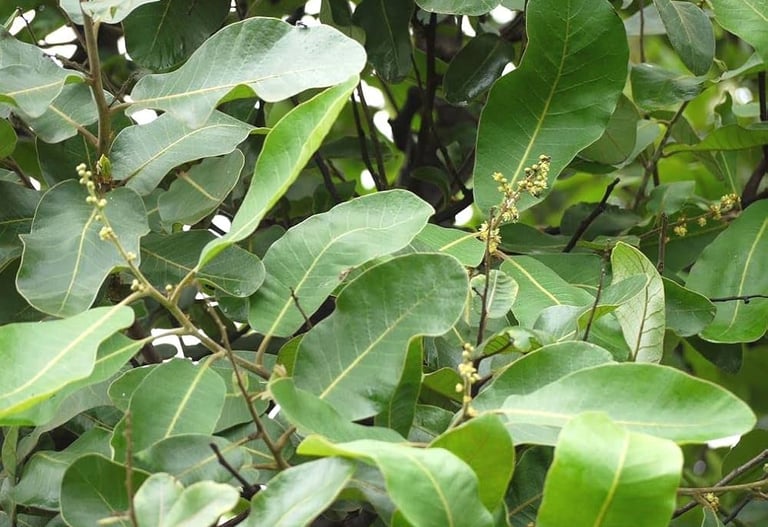Ayurvedic Treatment for chronic illness Cancer
Improve your cancer care through Ayurveda. Explore the most effective ayurvedic medicines from herbs and lifestyle habits to naturally aid in healing and recovery.
Cancer : Ayurvedic Insights and Modern Synergy
Cancer, known as Kark-Rog or Visharbud in Ayurveda, remains one of the most challenging health conditions of the modern era. According to the World Health Organization (WHO), over 19.3 million new cancer cases were reported globally in 2020, highlighting its growing prevalence.
Standard treatments like chemotherapy, radiation therapy, and surgery work well. However, they often have serious side effects. These side effects can affect patients' quality of life.
Ayurveda, the ancient Indian system of medicine, offers a holistic perspective on health and well-being. Rather than presenting a standalone cure, Ayurvedic remedies act as complementary therapies, aiming to alleviate symptoms, reduce treatment side effects, and improve overall quality of life. This article explores Ayurvedic approaches to cancer management, emphasizing their synergy with modern treatments, and highlights key herbs with scientifically validated benefits.
Ayurvedic Medicines for Cancer (Kark-Rog)
In Ayurveda, cancer is viewed as an imbalance of the tridoshas (Vata, Pitta, and Kapha) and an accumulation of toxins (“Ama”). Tumors are classified as either benign (“Granthi”) or malignant (“Arbuda”). Ayurvedic treatments aim to restore doshic balance, detoxify the body, and enhance immunity. Below are some key Ayurvedic herbs and formulations with their respective benefits:
1. Shankhphuli (Lochnera pusilla)
Shankhphuli, a member of the Vinca rosea family, demonstrates cytotoxic effects on rapidly multiplying cancer cells. It targets cancer cells selectively, sparing normal tissues, which makes it a valuable addition to integrative cancer care.
2. Bhallatak (Semecarpus anacardium)
Bhallatak’s active compounds show significant antioxidant and anti-inflammatory properties, targeting fast-growing cancer cells while mitigating oxidative stress—a key driver of cancer progression.
3. Rohitak (Tecomella undulata)
Rohitak is renowned for its anti-mutagenic properties that control tumor growth. It is particularly effective for Kapha-related imbalances, commonly associated with cysts and tumors.
4. Bilva-patra (Aegle marmelos)
Bilva-patra exhibits strong anti-mutagenic activity, making it an excellent supportive therapy in cancer care. Additionally, it aids in digestive health, which is crucial for patients undergoing intensive treatments.
5. Kanchnar (Bauhinia variegata)
Kanchnar, a staple in Ayurvedic oncology, is included in formulations like Kanchnar Guggulu, known for reducing lymphatic swellings and growths. Research supports its anti-cancer activity, making it a vital herb in cancer management.
6. Chitrak (Plumbago zeylanica)
Chitrak is valued for its anti-tumor properties, enhancing metabolism and aiding in toxin elimination. Its ability to reduce “Ama” strengthens the body’s natural defenses.
7. Ashwagandha (Withania somnifera)
This adaptogenic herb is extensively studied for its anti-cancer and immune-boosting properties. Ashwagandha also alleviates stress and improves psychological resilience, which is essential for patients undergoing chemotherapy or radiation therapy.
8. Cinnamon (Cinnamomum verum)
Cinnamon’s anti-proliferative properties make it a potent herb in cancer support. It can be consumed as extracts, powders, or tablets. Additionally, it regulates blood sugar levels, supporting metabolic health during treatments.
Additional Supportive Ayurvedic Herbs
Several other herbs and formulations offer anti-cancer properties and help reduce the side effects of conventional treatments:
Ghritkumari (Aloe Vera): Known for its detoxifying properties, it is often used in Ghan tablet form.
Kalmegh (Andrographis paniculata): A potent anti-inflammatory and liver detoxifier.
Katuki (Picrorhiza kurroa): Found in Katuki tablets, it supports liver health and immunity.
Bhringraj (Eclipta prostrata): Rich in antioxidants, it combats oxidative stress effectively.
Tulsi (Ocimum sanctum): Its adaptogenic properties help manage stress and boost immunity.
Guduchi (Tinospora cordifolia): Guduchi Ghan tablets enhance immunity and detoxification.
Punarnava (Boerhavia diffusa): Known for rejuvenating properties, it aids in kidney detoxification and reducing water retention.
Modern Research Validating Ayurvedic Practices
Modern studies increasingly validate the efficacy of Ayurvedic herbs in cancer care. For instance:
Ashwagandha enhances chemotherapy effects while reducing side effects, as published in the Journal of Ethnopharmacology.
Kanchnar Guggulu has shown effectiveness in reducing lymphatic swellings in clinical trials.
Shankhpushpi and Ghritkumari demonstrate cytotoxic effects on cancer cells, supporting their use in integrative oncology.
For more research-based insights, visit reputable resources like the National Center for Biotechnology Information (NCBI) or the American Cancer Society.
Incorporating Ayurveda into Cancer Care: Key Considerations
Consultation is Essential: Always consult a qualified Ayurvedic practitioner before starting any herbal regimen, especially if undergoing conventional treatments. Consult now!
Quality of Herbs: Source herbs and formulations from reputable suppliers to avoid contamination or adulteration.
Lifestyle Modifications: Complement herbal remedies with meditation, yoga, and a dosha-specific diet to enhance benefits.
Integrative Approach: Combine Ayurveda with modern treatments under medical supervision for a comprehensive healing journey.
Get a personalized treatment plan today! Consult us now and receive a 50% discount on your purchase!
Conclusion: The Ayurvedic Advantage in Cancer Care
Cancer care demands a holistic approach that integrates the strengths of modern medicine with the wisdom of Ayurveda. Ayurvedic herbs such as Ashwagandha, Kanchnar, and Shankhphuli offer scientifically validated supportive benefits. These remedies, when used under medical supervision, can alleviate side effects, enhance therapeutic outcomes, and improve overall well-being.
For more insights into Ayurvedic solutions for cancer, consult our experts at MediAstro. Explore how ancient wisdom and modern science can work together for better health outcomes. Visit National Cancer Institute for additional resources.












